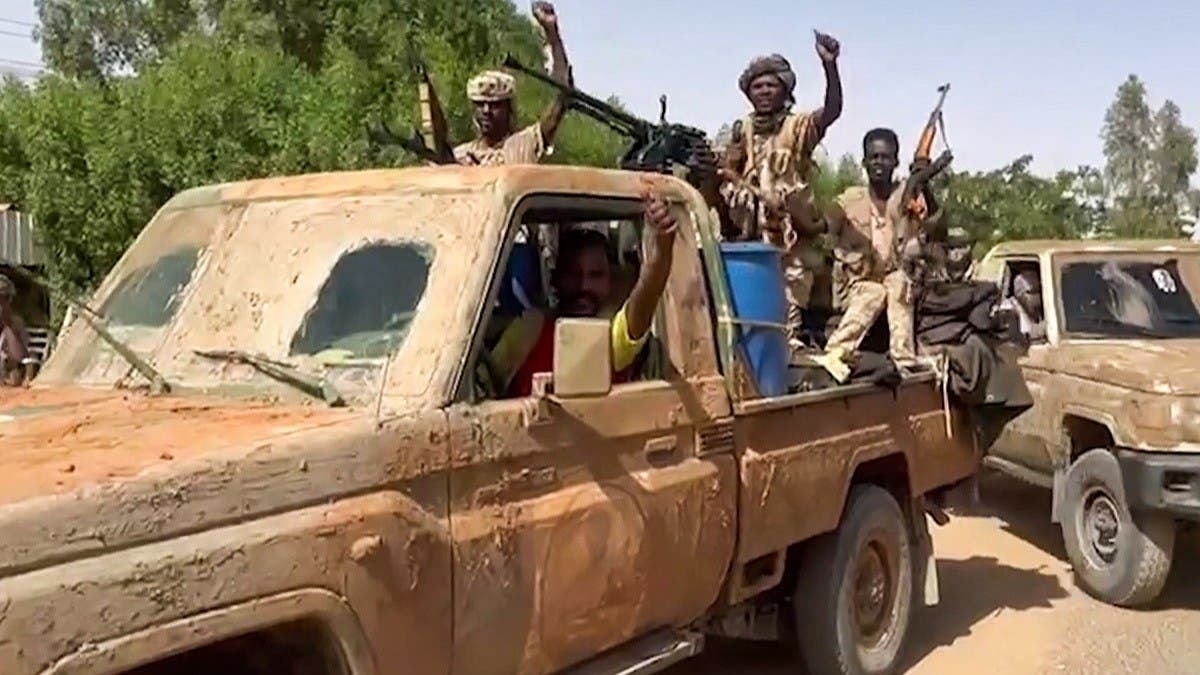By Adeyemi Adekunle
Al-Fashir, Sudan –The worsening humanitarian crisis in Sudan took a grim turn on Friday when an attack on the main hospital in Al-Fashir, North Darfur, left nine people dead and 20 others wounded, including patients and their families.
The assault, which has drawn widespread condemnation, underscores the relentless violence engulfing the region since April 2023.
The World Health Organization (WHO) Director-General, Tedros Adhanom Ghebreyesus, confirmed the attack in a statement on Saturday, calling it “deplorable.” Posting on X, Ghebreyesus said, “We urge for the protection of all patients and health professionals, and for all attacks on and around health facilities to stop.”
The attack on Al-Fashir’s main hospital reflects the growing challenges in providing basic medical care in Sudan, a country wracked by war between two rival generals: army chief Abdel Fattah al-Burhan and his former deputy Mohamed Hamdan Dagalo, who leads the paramilitary Rapid Support Forces (RSF).
Since the conflict began, tens of thousands of civilians have been killed, and over 11 million people have been displaced. Humanitarian aid has been severely curtailed, worsening hunger, medical shortages, and living conditions in what the United Nations has labeled as one of the most severe humanitarian crises in recent memory.
Al-Fashir Under Siege
For weeks, Al-Fashir, the capital of North Darfur, has been under siege by the RSF, who have cut off critical trade and aid routes into the region. The blockade has paralyzed the delivery of medical supplies, food, and humanitarian assistance, leaving the town’s population of over 1.5 million at the brink of collapse.
Local residents describe a harrowing scene in the aftermath of Friday’s attack on the hospital. Omar Suleiman, a witness and resident of Al-Fashir, recounted, “The sound of shelling was deafening. People ran from the hospital in panic, but many could not escape. Patients who were already too weak to move became casualties.”
Doctors Without Borders (MSF), one of the few organizations still operating in the region, confirmed the dire state of medical care in Al-Fashir. “This attack is a violation of international humanitarian law,” said Dr. Hawa Ibrahim, an MSF field coordinator in Sudan. “Hospitals should be sanctuaries, not targets. Our staff are working under unimaginable pressure without sufficient resources to care for those who are injured.”
The targeting of hospitals has become a tragic hallmark of the war. According to the WHO, as at September 2024 over 70% of Sudan’s healthcare facilities are non-operational due to direct attacks, looting, and fuel shortages, leaving millions without access to life-saving care.
The Human Cost of War
The attack at Al-Fashir hospital is another blow to civilians trapped in an increasingly desperate situation. Families who had taken refuge in the hospital were among the casualties, further amplifying the indiscriminate nature of the violence.
“We came to the hospital thinking we would be safe,” said Aisha Mohammed, whose husband was among the injured. “But there is no place left that is safe. The world needs to see what is happening here.”
The crisis in Sudan has unfolded with alarming speed since fighting erupted in April 2023. The conflict pits al-Burhan’s Sudanese Armed Forces (SAF) against Dagalo’s RSF in a power struggle that has decimated cities, displaced entire communities, and plunged the East African nation into chaos.
The war has exacerbated existing vulnerabilities in Sudan, where years of economic hardship and political instability have already pushed millions to the edge of survival.
In Darfur, a region historically plagued by violence, the renewed fighting has further deepened divisions, reigniting fears of ethnic targeting and mass atrocities.
International Outcry and Calls for Action
The international community has condemned the attack on Al-Fashir hospital, renewing calls for a ceasefire and protection of civilian infrastructure. The United Nations and humanitarian organizations have warned that Sudan is on the brink of collapse unless urgent measures are taken to secure humanitarian corridors and hold those responsible for attacks on civilians accountable.
“Targeting hospitals is a war crime,”* said Tom Perriello, the U.N. envoy to Sudan. “These continued violations cannot go unanswered. Sudan’s people deserve peace, and the international community must do more to stop this violence.”
Despite calls for peace, efforts to mediate the conflict have yielded little progress. Regional and international stakeholders, including the African Union and the United Nations, have struggled to bring the warring generals to the negotiating table. In the meantime, civilians remain the primary victims of a war that has no end in sight.
A Bleak Outlook
As the siege of Al-Fashir drags on, humanitarian agencies warn of worsening famine, disease, and death. The blockade has led to skyrocketing prices of basic goods, and with hospitals under attack, the region’s healthcare system is on the verge of total collapse.
For families like Aisha Mohammed’s, survival becomes more uncertain by the day. “We don’t know if we will wake up tomorrow,” she said, tears streaming down her face. “We are living in fear, and we are asking the world to help us.”
The attack on Al-Fashir hospital is a tragic reminder of the human cost of Sudan’s war—a conflict where even places of healing have become battlegrounds.




